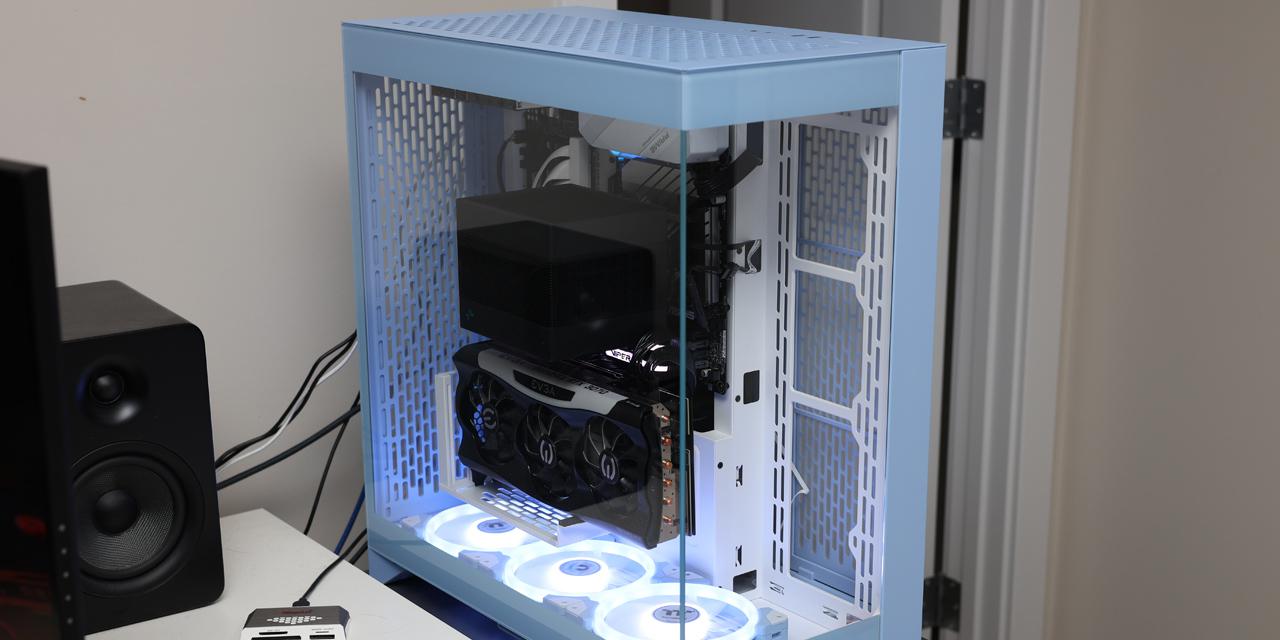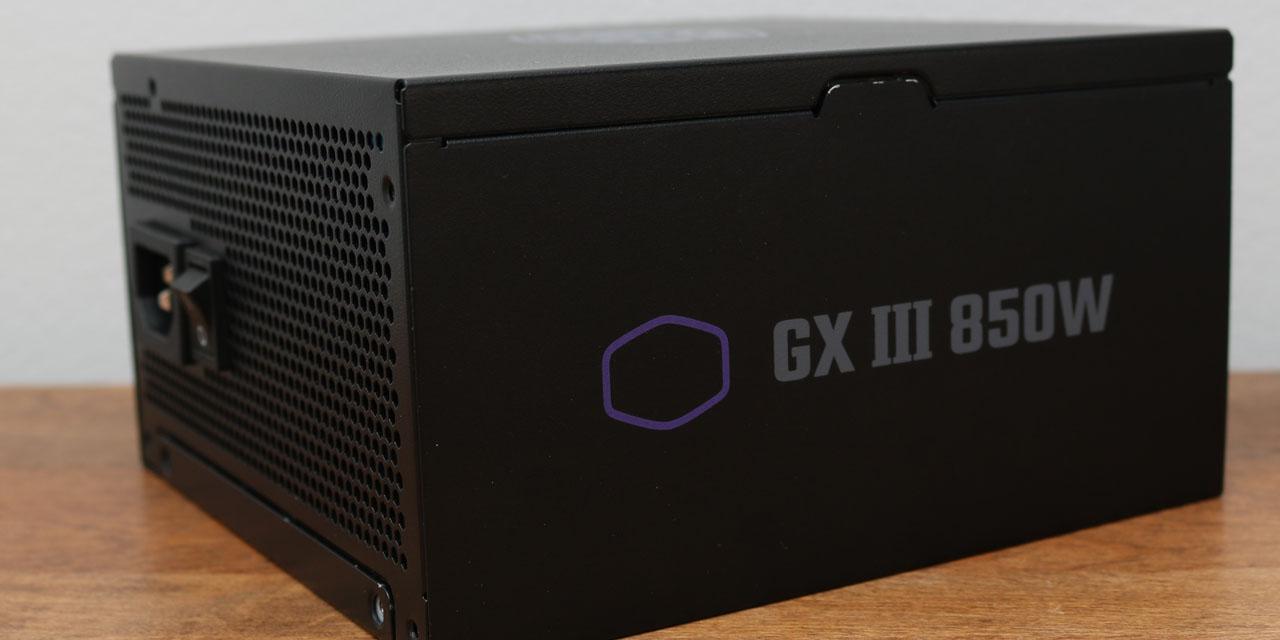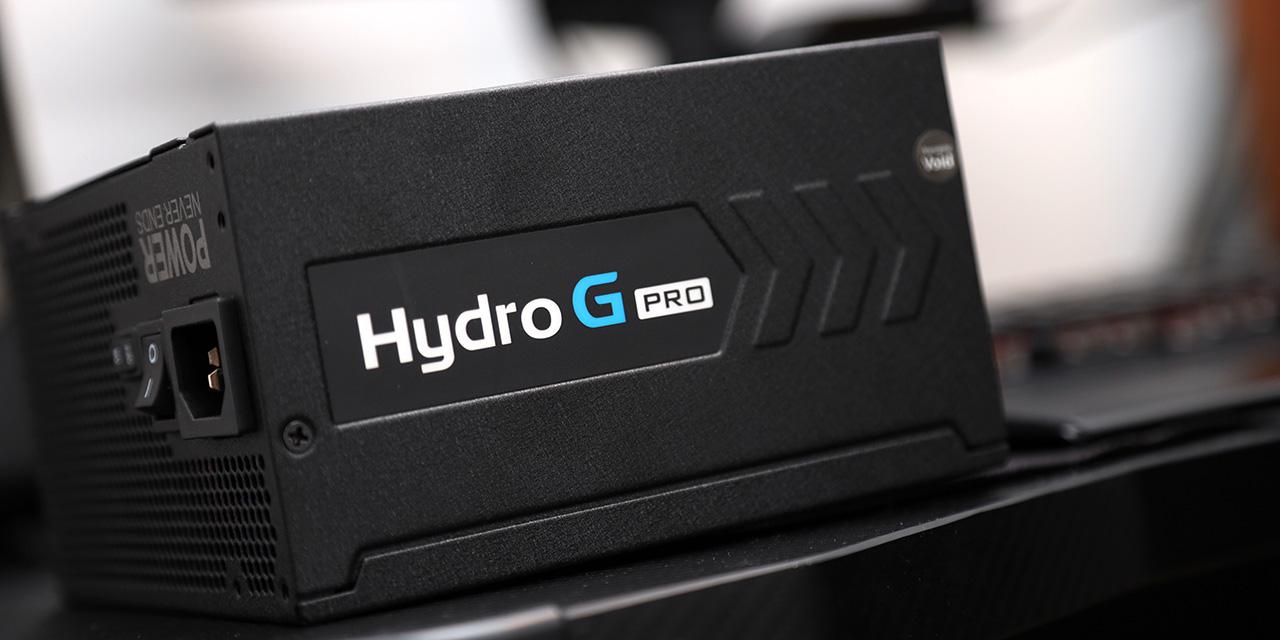|
From DailyTech: Microsoft announced its Windows 7 pricing yesterday, and today began accepting preorders for the new OS. The preorder program in the U.S. offers a cheaper OS than Vista or XP, with the Home Premium upgrade only costing $49.99. Yet some analysts are looking at the glass half empty and have gone on the record to publicly reprove Microsoft. Stephen Baker, Vice President of Industry Analysis for The NPD Group wrote a blog post on Thursday analyzing the release of Windows 7 information. He began with some words of praise for Microsoft, exalting, "A+ for timing pricing, and for ensuring that this will be the smoothest transition within the industry of any Windows OS upgrade yet." Then he shifted gears, though, and turned to criticism. He chidingly remarked that to praise Windows 7 for being more affordable than Windows Vista would be "damning with faint praise". The key problem, he argues, is that after the two week pre-order program (or when supplies run out), the base price of the OS jumps to $119.99 for a Home Premium upgrade in the U.S. He remarks, "No discussion about Microsoft ever leaves everyone happy. In this case I am mightily disappointed in a couple of aspects of Microsoft's upgrade plans for non-PC buyers. First, is the pricing on the Windows 7 home Premium upgrade. Besides the fact that $119 is a price point that fits nowhere in these economic times, it is still way too much for the software." Mr. Baker also was less than a fan of the fact that Microsoft did not announce whether it would be offering multiple licenses per purchase, or presumably a signle license. He states, "In a world (at least in the U.S.) where most opens are moving into a multiple PC environment, it would enhance the consumer home experience if they could upgrade all their home PCs at a single low price with a single boxed purchase. Although I don't think it is exactly equivalent, Apple's Snow Leopard pricing model ($29 for a one user license and $49 for a five user license) is much more appropriate to driving adoption and raising customer satisfaction levels. This is a direction I would have much preferred to see Microsoft head into." View: Article @ Source Site |
 |
NPD Analyst Says Windows 7 Pricing is "Way Too Much"
© Since 2005 APH Networks Inc. All trademarks mentioned are the property of their respective owners.





